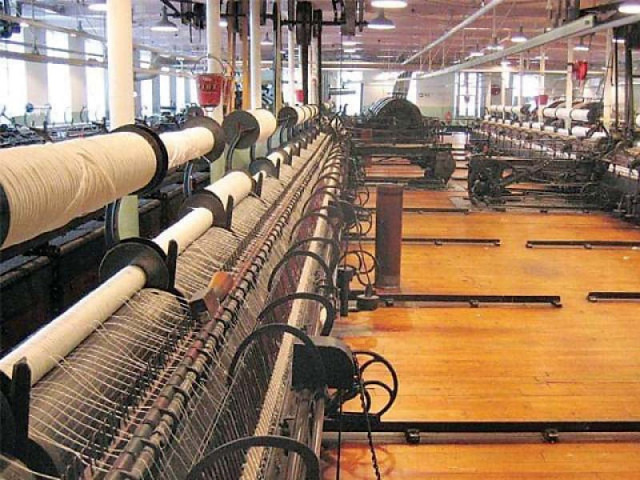APTMA warns of closure without RCET
Says withdrawal will worsen BoP crisis, result in loss of $10b in exports

In a press conference held on Monday, Chairman of the All-Pakistan Textile Mills Association (APTMA) North Zone, Hamid Zaman, expressed grave concerns over the potential closure of numerous textile mills and the subsequent loss of jobs if the government fails to permit the Regionally Competitive Energy Tariff (RCET) of 9 cents/kWh for electricity and $9/MMbtu for gas across the country.
Zaman emphasised the need for providing electricity to the textile industry at the actual cost of service, excluding cross-subsidies to ensure competitiveness across the country and internationally.
The chairman argued that the actual cost of electricity, according to NEPRA, stands at Rs 23/kWh (¢8.2/kWh) for B3, B4 consumers. However, this cost rises to over Rs 40/kWh after adding cross-subsidies, capacity payments to IPPs, line losses, power theft, financial charges, and other expenses. Passing on the burden of such inefficiencies and mismanagement to the export industry, which already recovers 100% of its bills without any losses, would be unjust and unfair, lamented Zaman.
Refuting the notion that RCET constitutes a subsidy, Zaman clarified that it is determined by excluding cross-subsidies since they cannot be exported.
Continuing with the RCET would not only facilitate an increase in exports to $50 billion over the next five years but attracting a $7 billion investment and creating annual exports worth $20 billion.
The withdrawal of the RCET would worsen the country’s balance of payment crisis, resulting in a loss of $10 billion in annual exports. Additionally, it would disrupt the industry’s investment plans to set up 1000 garment units and generate millions of new jobs.
Published in The Express Tribune, June 13th, 2023.
Like Business on Facebook, follow @TribuneBiz on Twitter to stay informed and join in the conversation.


















COMMENTS
Comments are moderated and generally will be posted if they are on-topic and not abusive.
For more information, please see our Comments FAQ